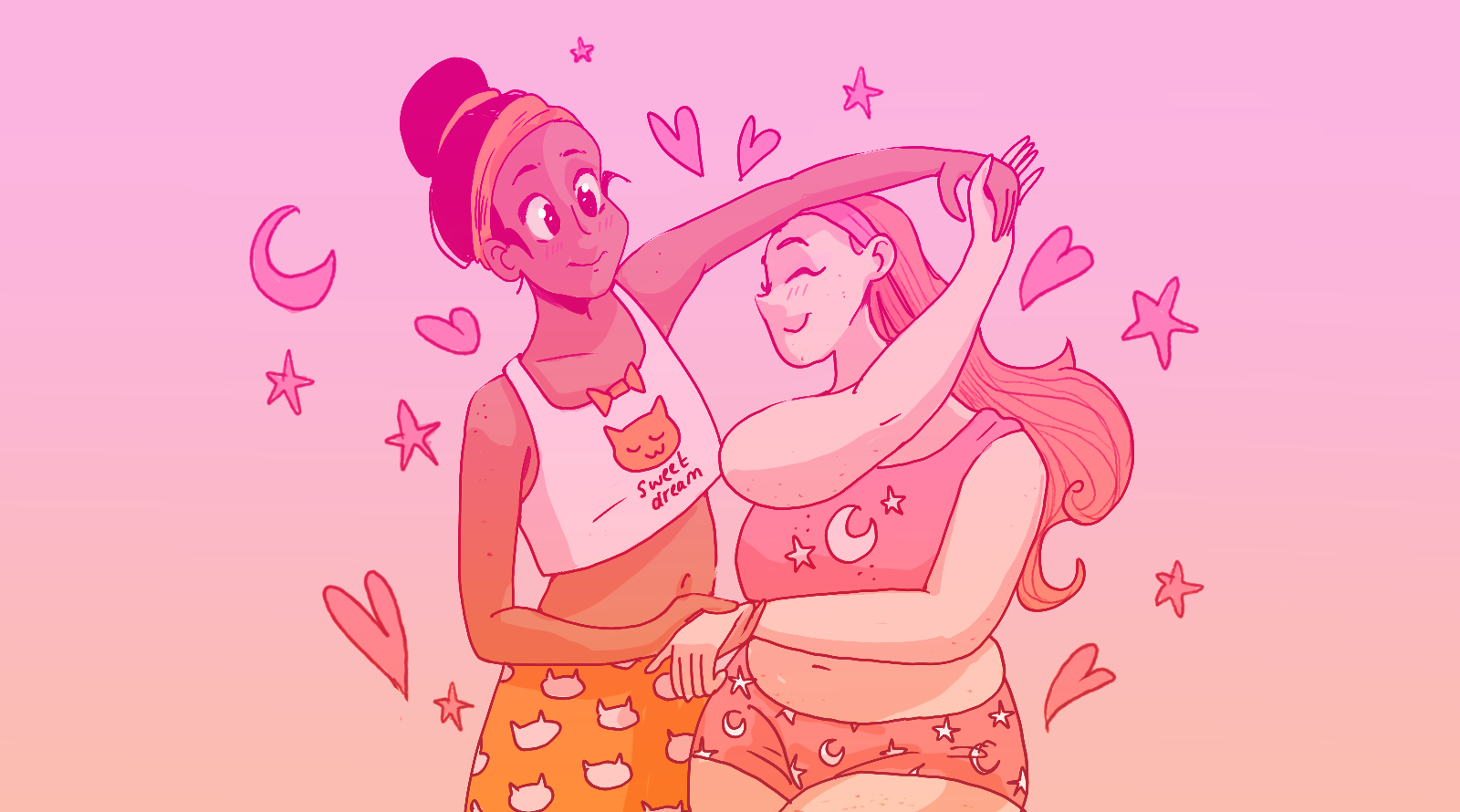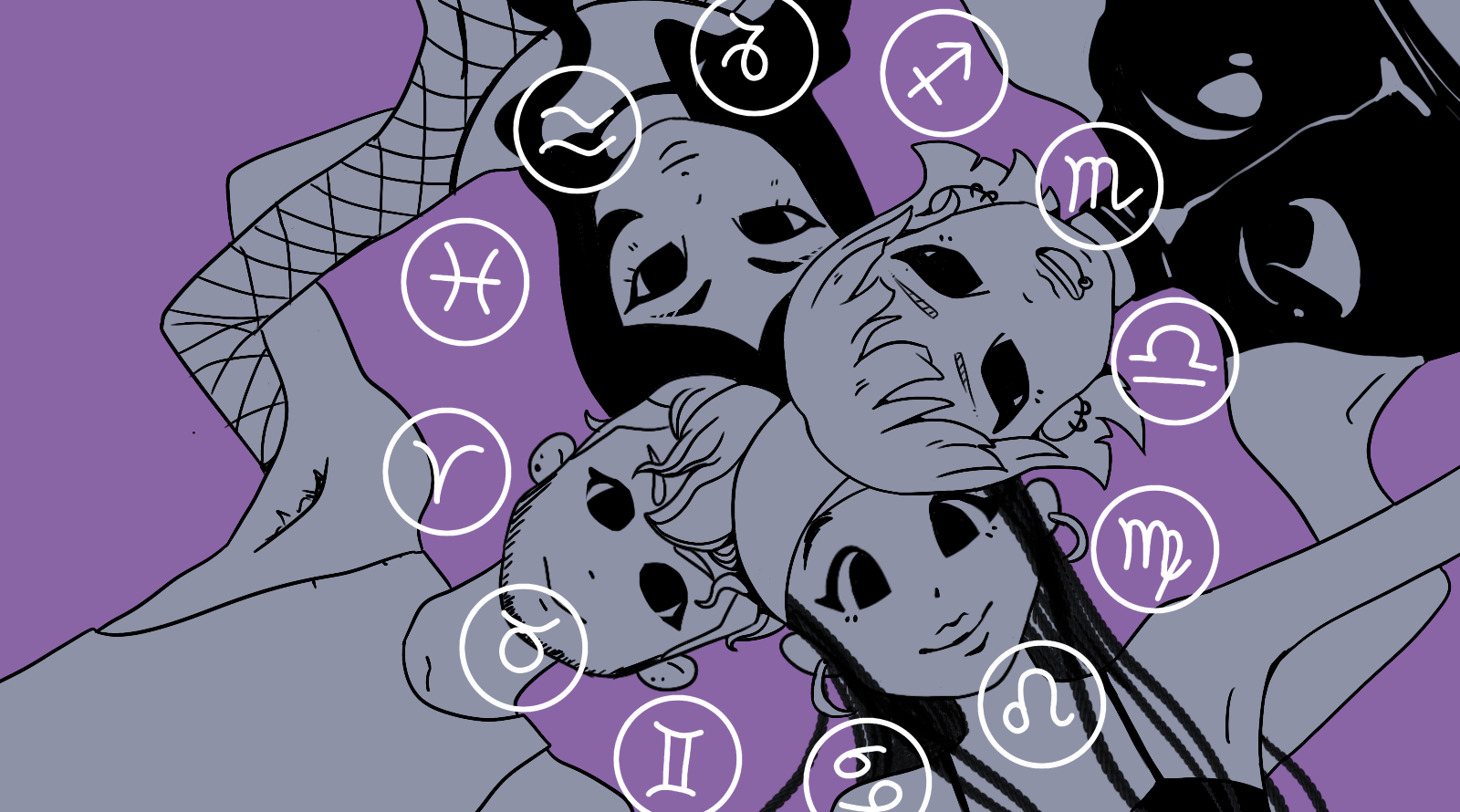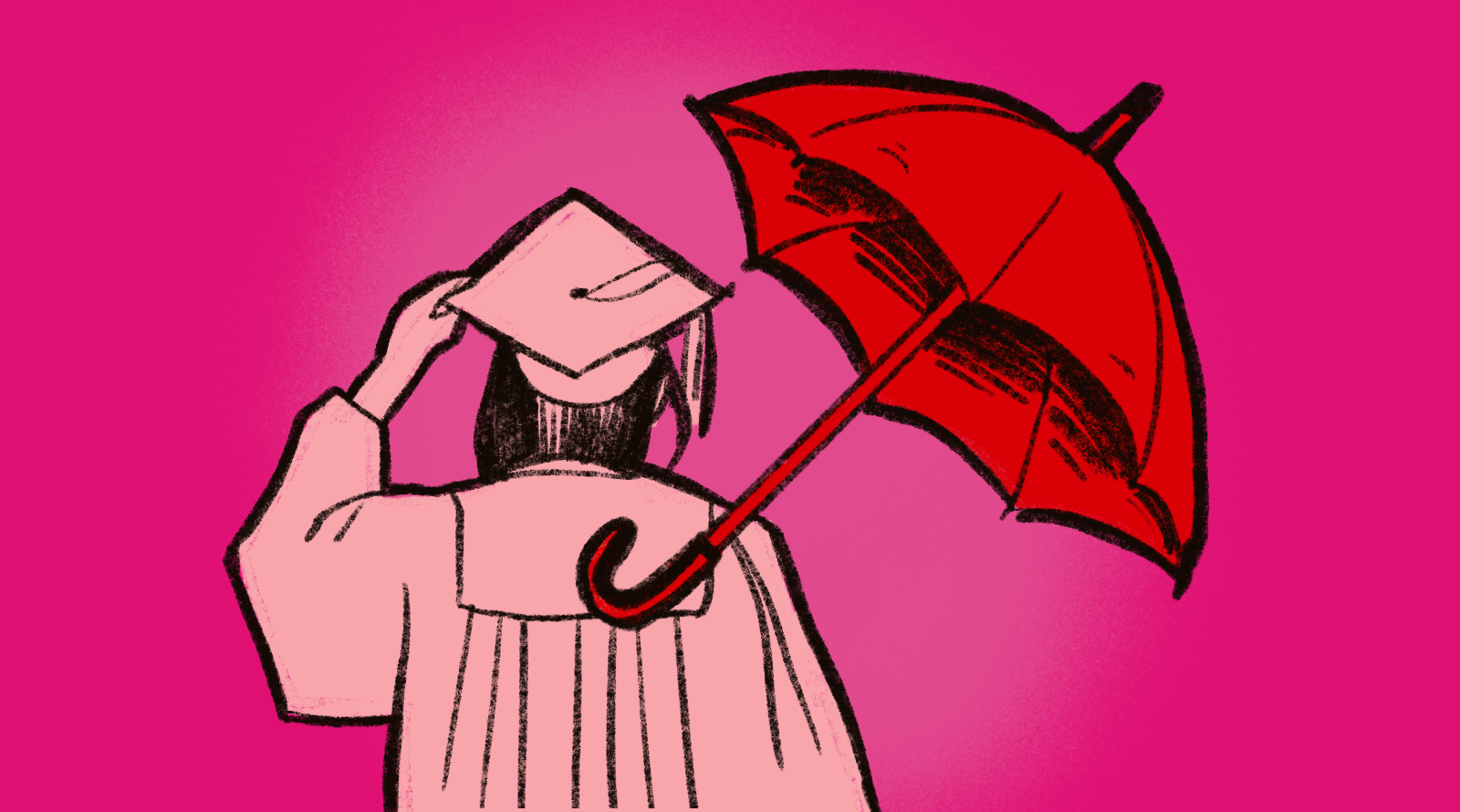At the risk of sounding sentimental, I have to admit that I don't have any traditional “personal heroes” who inspire me in my job. Not in the way that people typically mean when they use the word hero. I’ve never been comfortable placing people on pedestals. Hero-worship feels like a shortcut that flattens complexity. Real people are flawed. They mess up. They disappoint you. And yet, in spite of all that or maybe because of it, they can still be deeply inspiring.
When I think about the people who truly influence me, I think of friends. Some of them are fellow sex workers, whose names I’ve mentioned in other pieces. Others are from entirely different walks of life. These are people I learn from, grow with, and lean on. They are not untouchable icons. They are beautifully human.
And yet, there are people around the world whose work fills me with admiration, especially those who have contributed meaningfully to the sex workers’ rights movement. Some are known names. Others are activists who work in obscurity, doing grassroots organising that will never be recognised in mainstream media. Their courage and dedication help light the path forward, not just for sex workers, but for anyone fighting against marginalisation.
Hero-worship feels like a shortcut that flattens complexity.
One such figure is Ye Haiyan, aka Hooligan Sparrow. She’s a Chinese gender rights activist who has bravely spoken out against sexual violence and state abuse, particularly in relation to women and sex workers. Her activism brought to light the exploitation and mistreatment happening in local brothels, stories that would otherwise have remained invisible. I remember watching a documentary about her not long ago, and I was struck not just by her passion, but by her vulnerability. She wasn’t playing the part of a martyr. She was doing the work, despite the risks. That stayed with me.
I’m also deeply moved by the legacies of Marsha P. Johnson and Sylvia Rivera, two trans women sex workers who fought relentlessly for LGBTQ+ rights in the face of systemic violence and exclusion. Their fight was never just for one cause. It was for liberation across identities, for trans and queer people, for people of colour, for sex workers, for the poor and the houseless. Their activism reminds me that justice isn’t linear or tidy. It’s messy, intersectional, and ongoing.
Beyond historical figures, I find tremendous strength in the everyday courage of the people around me. I think of middle-class sex workers who recognise their relative privilege in our community and choose to act in solidarity with more precarious workers such as migrants, trans people, undocumented folks, disabled workers, and others who experience multiple layers of oppression. They understand that none of us are truly free until all of us are.
I also admire the collectives and grassroots sex workers’ rights groups, those who work tirelessly, often without pay or recognition, to build safer, stronger communities. What makes these groups powerful is that they centre mutual aid over individualism, collective care over personal gain. They understand that real activism is relational, it’s about showing up, again and again, even when it’s inconvenient or thankless.
These people inspire me because they reflect back to me who I am and what I believe in. They remind me why I do the work I do, especially when things feel heavy, when stigma creeps in, when burnout hovers, when criminalisation becomes more aggressive, or when we’re expected to smile and stay quiet just to survive. Their presence, their insistence on pushing forward, gives me strength. Not because they are perfect, but precisely because they’re not.
Their presence, their insistence on pushing forward, gives me strength. Not because they are perfect, but precisely because they’re not.
That’s why, at the end of the day, the people who inspire me most aren’t famous, and they’re not heroes in the traditional sense. They are friends. They are people I’ve laughed with, argued with, cried with. People who have challenged me when I’ve been thoughtless or stuck in my own perspective. People who have stood by me when I was struggling, and who didn’t reduce me to my worst moments when I acted in ways I am not proud of. These are imperfect people and they are sometimes messy. They don't always say the right thing, they are not the most perfect communicators. They’ve made mistakes too, sometimes big ones but they’ve also shown me what it looks like to stay present through discomfort, to acknowledge harm without defensiveness, and to try again with more care. They’ve taught me that growth isn’t about perfection, and how to keep loving each other through it all.
That, to me, is the deepest form of inspiration. It’s not about aspiring to be someone else. It’s about being seen by others who are in the struggle with you and choosing, again and again, to stay connected.
Maybe this isn’t really about heroes at all. Maybe it’s a love letter to friendship, to solidarity, and to the flawed, fierce, human beings who make the work not only possible but meaningful. The people who remind me that the fight isn’t just about policy change or public awareness, it’s about how we show up for one another every single day.
And that, to me, is more powerful than any pedestal could ever be.
Are you a sex worker with a story, opinion, news, or tips to share? We'd love to hear from you!
We started the tryst.link sex worker blog to help amplify those who aren't handed the mic and bring attention to the issues ya'll care about the most. Got a tale to tell? 👇☂️✨




